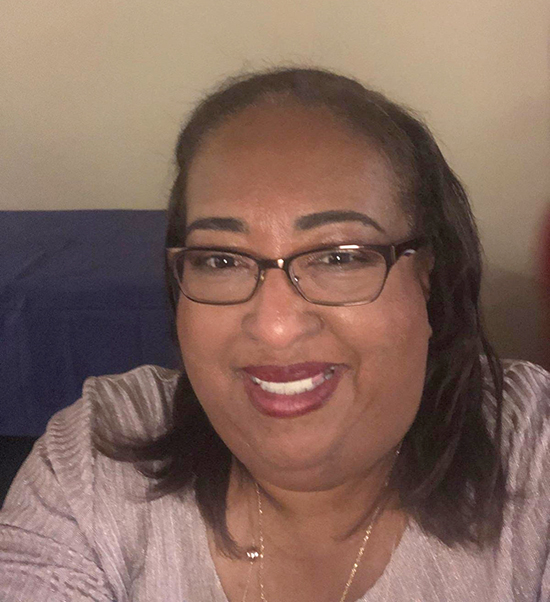Sun Sentinel Op-ed by RN Pat Diaz: Immigrant health care workers are on front lines of the COVID-19 pandemic. More needed for the fight. Opinion by Pat Diaz
May 8, 2020
The following opinion column written by RN Pat Diaz was published in the Sun Sentinel.

I am an orthopedic surgical nurse at University Hospital and Medical Center in Tamarac, FL, and simply doing my job could be fatal. It’s not just that some healthcare professionals who contract Coronavirus get sicker than other patients. It’s that my diabetes puts me at an especially high risk. And yet, I continue to don my scrubs and stethoscope and report to the hospital. My patients who are recovering from surgeries are particularly vulnerable right now, and I’m not going to let them down.
Since I was a little girl, growing up in Belize, I wanted to be a nurse. I was with my dad one day when we saw a nurse in her crisp white uniform and shoes. As she walked, people moved aside and called out “Good afternoon nurse” or “Thank you nurse.” My dad leaned down and whispered in my ear, “That’ll be you someday.” And he was right.
I became a registered nurse 11 years ago. In addition to my job in Tamarac, I serve as a delegate for 1199SEIU United Healthcare Workers East, a union representing 25,000 nurses and other healthcare workers in Florida. Many of us are immigrants or first-generation Americans. Immigrants account for 15.7 percent of all nurses working in this country, 22 percent of nursing assistants, 25.1 percent of personal care aides and 36.5 percent of home health aides, according to the immigration nonprofit New American Economy. And right now, we’re risking our own health to save American lives.
Recent policy changes at HCA hospitals in Florida have loosened protocols regarding personal protective equipment. These changes, which severely restrict N95 respirators to only certain staff, are putting patients and healthcare workers at greater risk of exposure to Coronavirus. Securing enough staff is another challenge. The U.S. was already facing a shortage of healthcare workers before this pandemic; in 2018, there were almost 13 open healthcare job openings for every available unemployed healthcare worker, according to NAE. Immigrants like me are crucial to filling these gaps. But all too often, America’s federal policies stand in the way.
First, underemployment is a serious problem. One friend was a practicing doctor in her native Colombia. But her skills are non-transferable without passing the U.S. medical exam and completing a years-long residency, so she works as a patient care aide. We could use her skills badly right now. Instead, she’s sitting on the sidelines.
Second, various travel bans now limit immigration from countries that previously sent us large numbers of healthcare professionals. More than 1 in 3 Nigerians work in healthcare, according to NAE. That includes more than 23,700 registered nurses and almost 13,000 nursing assistants. Iran and Syria, two of the countries affected by the 2017 ban, also have high rates of trained healthcare professionals.
Third, even the immigrant doctors who have completed a medical residency in the U.S. have difficulty practicing here. There’s just one program, the Conrad 30 Waiver, that offers such a pathway. But it’s extremely limited: just 30 doctors per state annually. And those who secure a temporary H-1B high-skilled worker visa face strict limitations; they can only work for the employer that sponsors their visa, so they can’t fill in at facilities currently facing Coronavirus shortages.
In March, we saw one small victory: The State Department tweeted that immigrant healthcare professionals already here or planning to come would receive the necessary visas. But that’s a temporary fix. We must make it easier for trained medical professionals to practice in America, even after the worst of this pandemic is behind us. We will continue working every day to protect you, but our elected officials must protect us too. Otherwise, we are all at risk.

